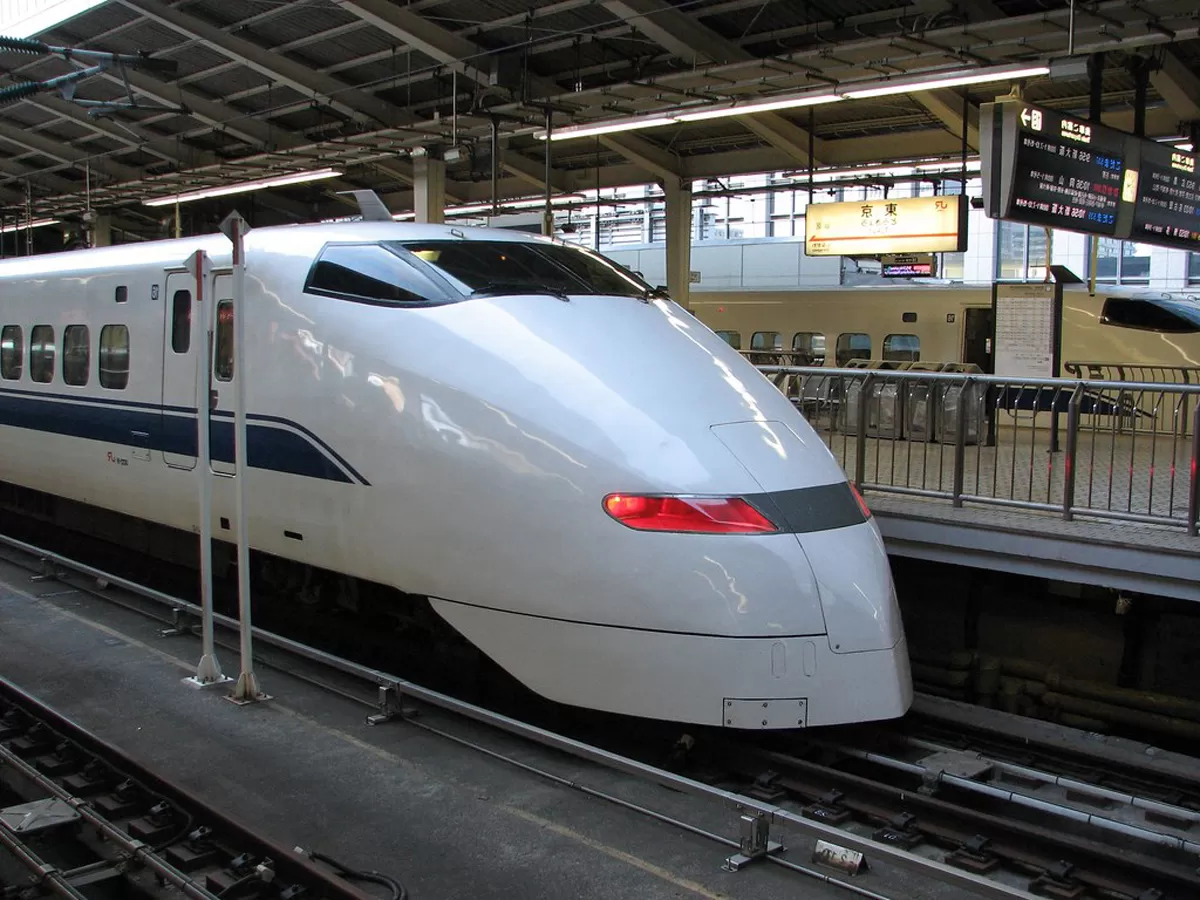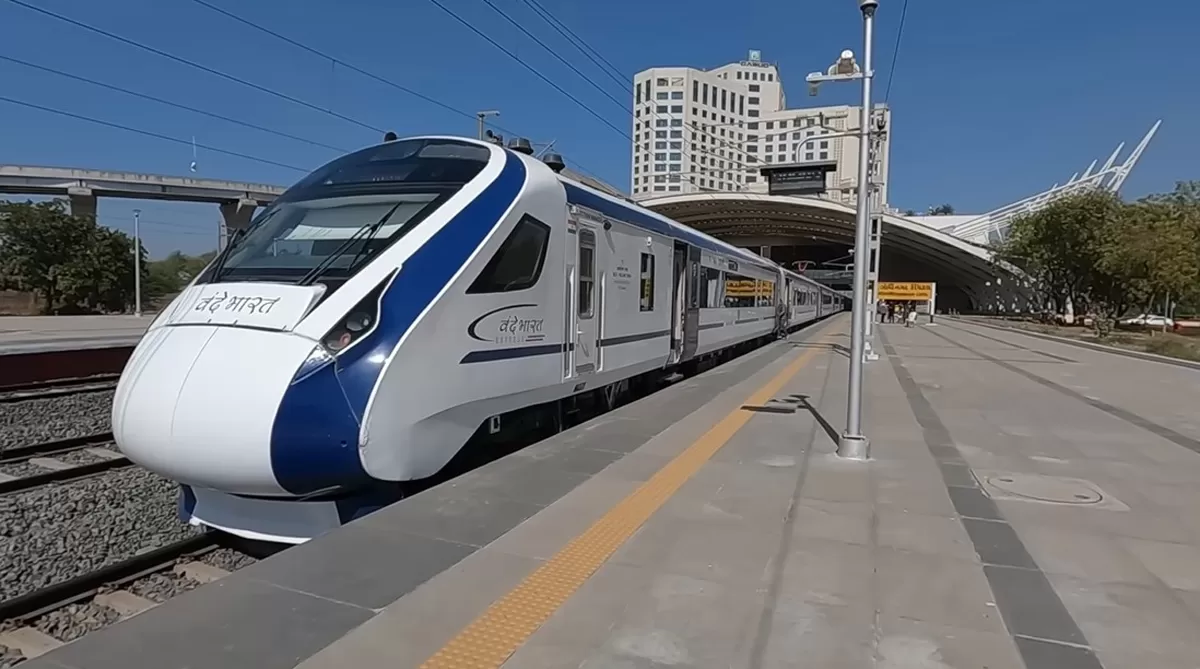
Chinese Dumping Forces 35% Gujarat Stainless Steel MSMEs Closure

Mumbai-Ahmedabad Bullet Train Set to Launch by 2028
India’s first bullet train is set to revolutionize high-speed travel along the western corridor, with the Mumbai-Ahmedabad high-speed rail project aiming for a 2028 launch. This announcement marks a major milestone in India’s infrastructure goals, as it promises to reduce travel time between the two economic hubs from eight hours to just three.Spanning a planned 508-kilometre stretch, the corridor stands as a flagship example of Indo-Japanese collaboration in technology and engineering. Once operational, the train is expected to transform intercity mobility and place India among the select..

Mumbai-Gandhinagar Train Service Enhances Passenger Capacity
The Mumbai Central–Gandhinagar Capital Vande Bharat Express has increased its passenger capacity by adding four additional AC chair car coaches to meet the growing commuter demand on one of India’s busiest business corridors. This upgrade, effective from 11 May, raised the train’s seating capacity from 1,128 to 1,440 passengers, allowing it to serve 936 more passengers daily in both directions. The increase was described as a practical measure to accommodate the surging demand on the busy Mumbai–Ahmedabad–Gandhinagar route, which regularly operates at over 150 percent seat occupancy...

Delhi Plans 12 Sewage Plants to Clean Najafgarh Drain Efficiently
Delhi’s ambitious plan to improve the water quality of the Yamuna River has gained significant momentum as the Delhi Jal Board (DJB) has begun work on 12 new sewage treatment plants (STPs) aimed at reducing the volume of untreated sewage being discharged from the Najafgarh Drain.This initiative forms part of the ongoing efforts to clean the Yamuna and restore the river’s health, which has long been a critical environmental issue for the national capital. Given the alarming pollution levels in the Yamuna, experts and officials consider this project a vital step toward addressing the persist..














